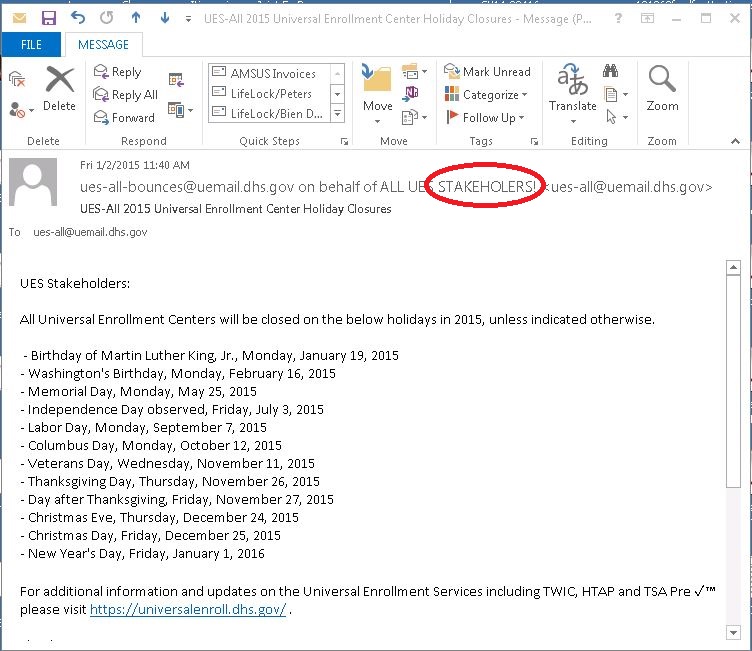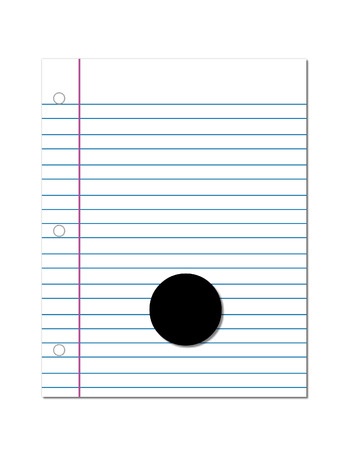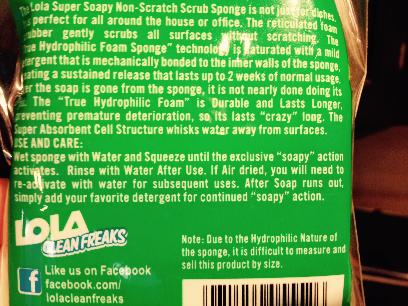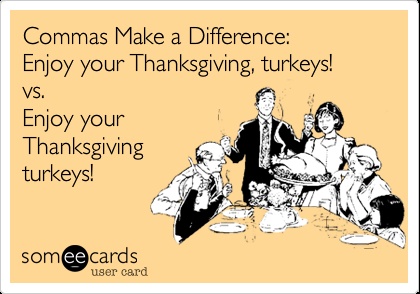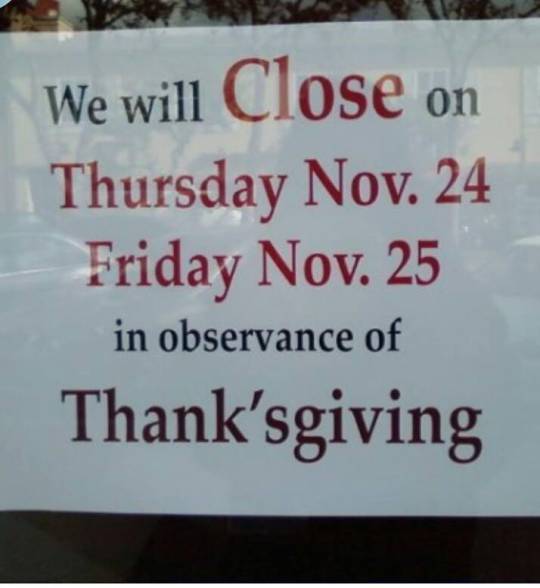 I like to check out the new words added to dictionaries each year. So now (drumroll please) the 2014 Oxford Dictionaries Word of the Year . . . vape. Vape is an abbreviation of vapour or vaporize and is defined as “to inhale and exhale the vapour produced by an electronic cigarette or similar device.” So because it is not “smoking” because it is just vapor, it is “vaping.” Interesting. What were some of the entries on the shortlist you might ask?
I like to check out the new words added to dictionaries each year. So now (drumroll please) the 2014 Oxford Dictionaries Word of the Year . . . vape. Vape is an abbreviation of vapour or vaporize and is defined as “to inhale and exhale the vapour produced by an electronic cigarette or similar device.” So because it is not “smoking” because it is just vapor, it is “vaping.” Interesting. What were some of the entries on the shortlist you might ask?
- bae – “used as a term of endearment for one’s romantic partner.” I have to say were it not for Pharrell Williams, I never would have known this word existed or been able to guess at its meaning. Now that it is in the dictionary, that problem is solved.
- budtender – “a person whose job is to serve customers in a cannabis dispensary or shop.” My how times have changed. Way back when I think they called them a “dealer.” It must be the new legislation that has made it a more noble profession. Another interesting tidbit is that according to the Online Slang Dictionary, in 2012 the term “potrepreneur” was added to mean someone whose business involved marijuana. So I guess the potrepreneur is the person who OWNS the plant and the budtender is the one who SELLS it.
- contactless – “relating to or involving technologies that allow a smart card, mobile phone, etc. to contact wirelessly to an electronic reader, typically in order to make a payment.” Sounds suspiciously like Apple Pay or the Mobil Speedpass to me. A Google search for the Mobil Speedpass has as the first entry “Speedpass – Contactless Payment at the Gas Pump.” I love it when I’m right.
- indyref – “an abbreviation of ‘independence referendum’, in reference to the referendum on Scottish independence, held in Scotland on 18 September 2014, in which voters were asked to answer yes or no to the question ‘Should Scotland be an independent country?’” By the way, the answer was “no.”
- normcore – “a trend in which ordinary, unfashionable clothing is worn as a deliberate fashion statement.” I can’t wait for that fashion show.
- slacktivism – “informal actions performed via the Internet in support of a political or social cause but regarded as requiring little time or involvement, e.g. signing an online petition or joining a campaign group on a social media website; a blend of slacker and activism.” I kind of like this one. We could come up with all sorts of combinations with slacker. How about bingeslacking meaning to do absolutely nothing for hours on end when you could be binge-watching or working, slackerselfie meaning pictures you take of yourself in the middle of the day while still in your pajamas, twerkslacker meaning someone who tries to twerk but is just too much of a slacker to make it to the “low, squatting stance.” Thanks to the Oxford Dictionaries 2013 Word of the Year (and the shortlist) for that little grouping.
So there are your new words for 2014. Learn them, use them, and make them yours.


 Follow
Follow